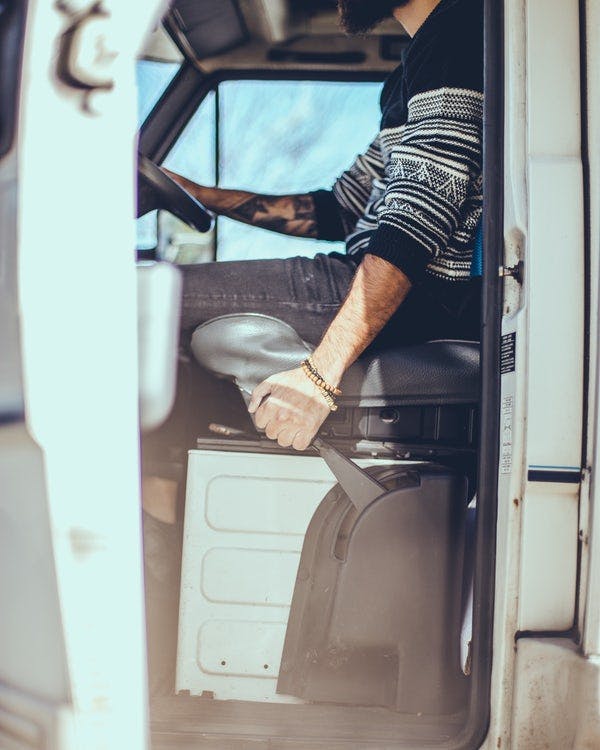You are about to buy your first home and you’re experiencing a wide-range of emotions. It’s easy to forget about the important security measures you should take to secure your new home.
New homeowners are especially vulnerable to security risks, as they are just beginning to learn about their new home and neighborhood.


1. Audit the Security Situation Before You Buy.
Try to be an informed resident of your neighborhood before moving in. For the home, find all entry points (windows, doors, attached garages, decks/patios) and think about how you can improve its security. A new home might need new locks, if multiple contractors had copies of the keys and the locks were not re-keyed before you took ownership of the house.
2. Get Familiar with the Neighborhood.
Drive around the neighborhood during the day and at night, This allows you to gauge the happenings of your new neighborhood at different times of the day and week. Introduce yourself to the neighbors too. They don’t have to become your new best friends, but neighbors who are familiar with one another: 1. tend to look out for each other. 2. notice when things are “off” or suspicious at the neighbor’s home. 3. report suspicious activity to authorities.
Neighbors can help ensure your home looks more lived in when you’re away by watering plants, mowing, picking up newspapers and mail, or shoveling after a snowfall.


3. Take Simple Precautions.
The simplest of actions can improve home security. Hang curtains or install blinds to block the view into your home. Place a wooden rod in the sliding door track to prevent it from being forced open. Connect lamps or outside lights to timers, so the home looks occupied, even when no one is home. Consider using glass break sensors within 15 feet of windows, these will alert you of any possible window break-ins.
4. Use CrimeReports.
We suggest using CrimeReports to research the area’s crime rates — for both property and violent crimes.


5. Be Mindful of Who is Coming to Your Home.
You’ll probably have a lot of strangers coming to the house within the first few weeks of moving in: delivery people, service providers, contractors, etc. Make sure you invite them. Be alert of unsolicited providers who show up without having made an appointment with you. They could be scouting the house. Try to get all the service hook-ups and installations done before you move in. There’s no chance of anyone seeing your valuables this way. Limit them to the areas they need to work in only. Don’t give tours and show off the house.


6. DIY Alarm systems provide all the benefits with flexible pricing.
CoveSmart Alarm Panel turns a potential life altering emergency into nothing more than a minor nuisance by protecting your home and family with a Cove alarm system. With wireless security sensors and integrated cellular radio, the security alarm system is a breeze to install. Every security control panel comes standard with two-way audio capabilities and crash and smash detection.
Home Security: It’s all about Preparedness It really comes down to feel secure in your home, home security precautions stem from research and preventive actions. Take a critical look at your new neighborhood, home, and lifestyle to best determine your family’s specific security needs.


